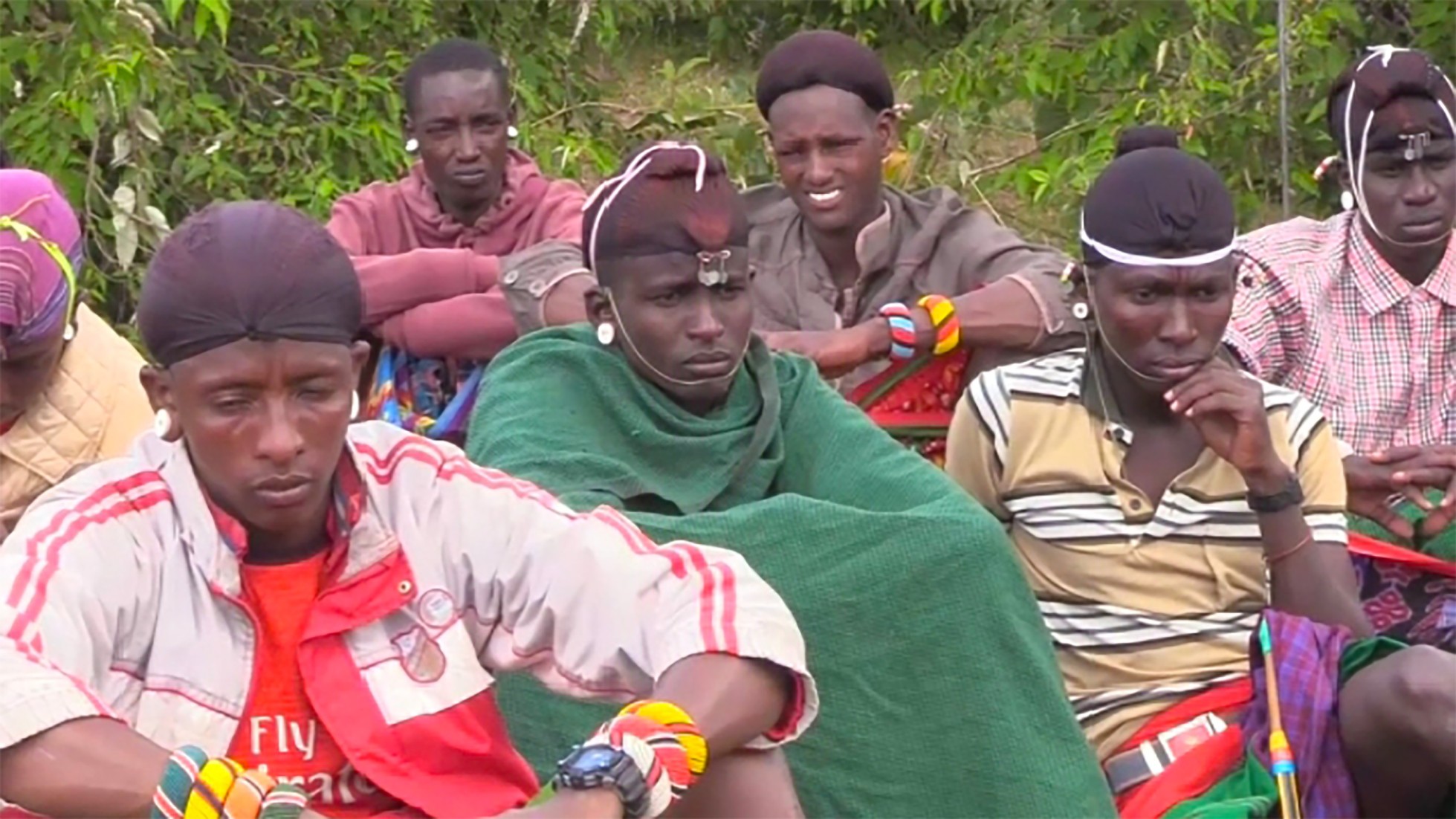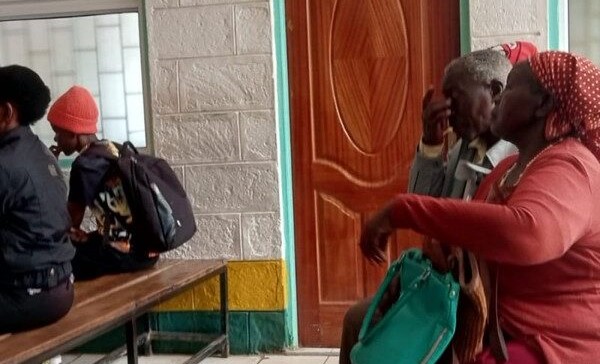Morans offered Sh800,000 to start businesses after quitting banditry

As part of this initiative, they also received Sh800,000 in business startup capital from a local organisation.
More To Read
- Sports for Peace: How sporting activities are uniting North Rift communities
- Drugs, gangs, and land disputes are major threats to Kenya’s security -CS Murkomen
- Bandits raid NPR camp in in Laikipia, kill police reservist
- Government to build seven police stations in Tiaty, Baringo in bid to curb banditry
- Murkomen appoints new principal secretaries, regional commissioners
- Murkomen orders bandits to surrender guns or face forceful disarmament
Engagements between elders and morans in Samburu County are starting to show positive results, as many young warriors are quitting banditry and cattle rustling—activities that have long been persistent security threats in the North Rift and have devastated livelihoods in the region.
Recently, more than 20 morans in Wamba denounced banditry and vowed to champion peace after participating in a village-level program led by elders.
As part of this initiative, they also received Sh800,000 in business startup capital from a local organisation.
A local elder, Charles Ramogi, said that as custodians of traditions, elders had a huge role to play in helping the community members shun retrogressive practices such as cattle rustling.
"We are encouraging them to engage in decent economic activities and approaching organisations to support them to start their businesses so that they do not go back to crime," he said.
Addressing the vices that are deeply rooted in social, cultural, and economic contexts, he said, required a concerted effort from all.
Another elder, John Lekaale, said, "Bringing the Morans closer made them understand their needs and helped them find solutions to the challenges they faced.".
After transitioning to adulthood, the young men carry out raids to replenish stock, accumulate wealth, and for heroic show, as well as target traders ferrying livestock from northern counties to Nairobi along the Isiolo-Moyale highway.
A moran, only identified as Lekiloi, agreed with the notion and added that the warriors were engaging in cattle rustling due to a lack of income.
"With support to start businesses, we have no reason to carry out raids. We will soon consider enrolling in technical courses to economically empower ourselves."
Other Topics To Read
Tonisa Lajaale, another moran who renounced the practice, described the engagements as beneficial and urged for sustainable methods to keep young men involved.
"The sessions have made us see the sense of embracing alternative livelihoods that do not threaten our lives, such as beekeeping and business," he said, adding that the majority of them had volunteered to spearhead peace initiatives within their locations and dissuade other Morans of the vice.
The proliferation of illegal firearms and the recurrent drought, which results in massive livestock deaths, are among the drivers of banditry and cattle rustling in the region.
The government's interventions to contain the situation through the establishment of police units and imposing curfews in hotspot areas have only offered temporary relief, according to residents who term the elders programme more sustainable in encouraging the Morans to quit the crime.
Lekaale, Lajaale and other reformed Morans appealed for economic empowerment programmes to enable those yet to shun the practice to contribute positively to the growth and development of the county.
Top Stories Today













































